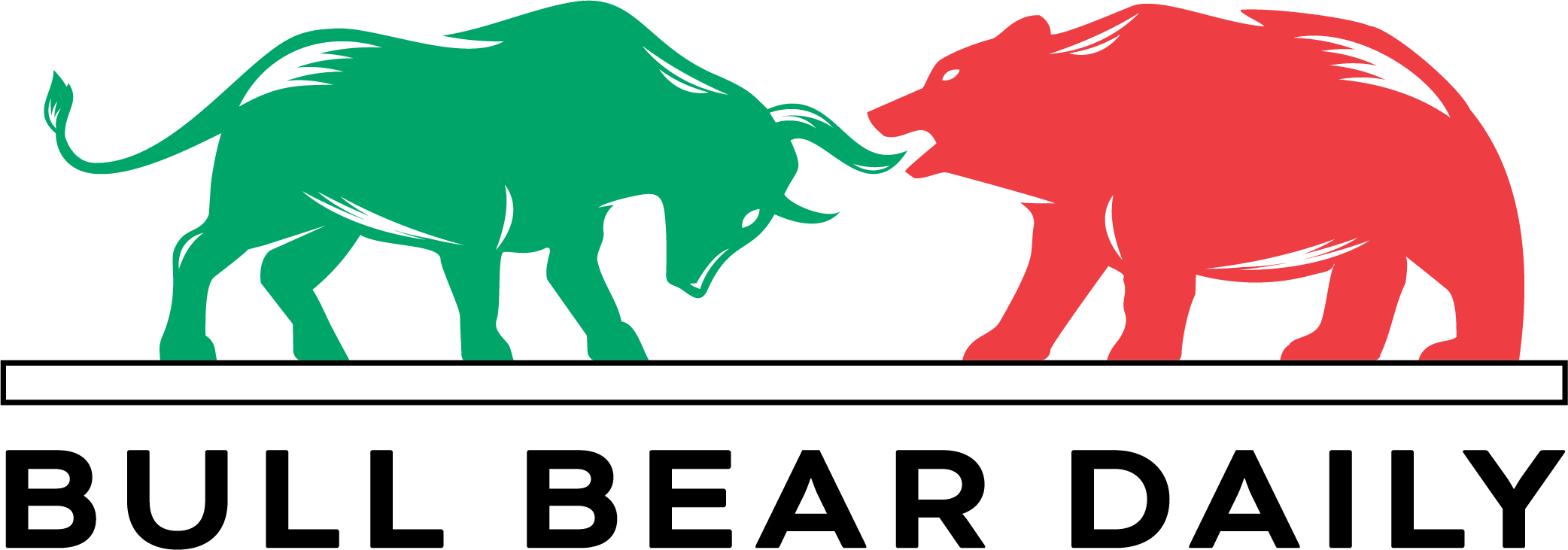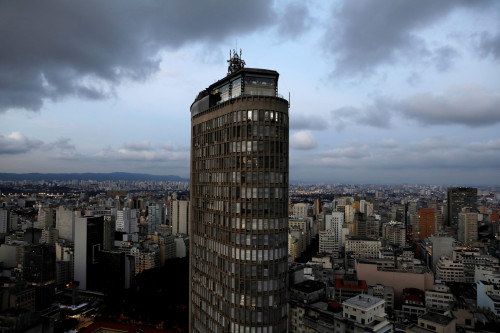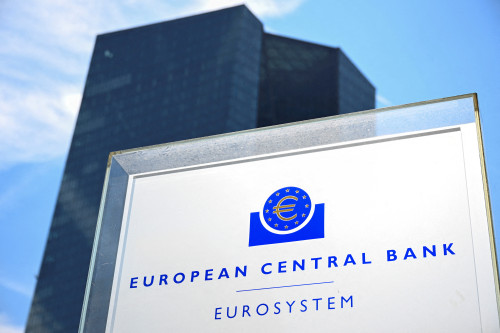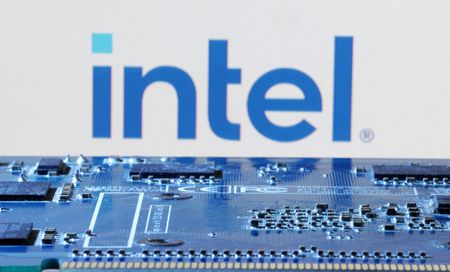By Gabriel Burin
(Reuters) – Brazil’s economic growth is expected to slow down in the second half of 2025, encumbered by high interest rates and worries about the U.S.-led global trade shake-up, a Reuters poll found.
The slowdown would follow a good first half owing to a resurgence in the farm sector and could prompt the government to bolster public spending to support economic activity, economists said.
Even without additional fiscal stimulus, gross domestic product should log a decent expansion in annual terms, following forecast-beating results in 2024.
Latin America’s No.1 economy is set to grow 2.0% in 2025 compared to last year’s 3.4% expansion, according to the median estimate of 48 economists polled between April 7 and April 11. In 2026, The economy is seen growing by 1.6%.
“The performance of the Brazilian economy is expected to be strongly influenced by agriculture,” said Rafael Prado, economist at consultancy GO. “After suffering a contraction last year, the record harvest expected for the year should boost the sector.”
The consensus forecast in the quarterly poll was for the economy to grow by around 2.5% in the first half of 2025 before slowing to about 1.5% in the July-December period.
“The slowdown in economic activity is likely to be felt more in the second half of 2025, as the lagged effects of contractionary monetary policy have a broader effect,” Prado added.
Brazilian farms have recovered from a severe drought and output of beef, soybeans and other products is now booming amid constantly rising domestic demand and exports, particularly to China.
Industrial production, however, has been affected by high interest rates resulting from the central bank’s monetary tightening aimed at lowering inflation, which remains above the official goal.
In the poll, the Selic benchmark rate was seen reaching a near two-decade record of 15.00% this quarter, climbing from 14.25% now, and staying there until the end of 2025.
Annual average inflation was forecast at 5.4% this year and 4.5% in 2026, according to median projections. It averaged 4.4% in 2024.
The inflation surge is partly related to a complex fiscal situation that continues to swell debt. Still, President Luiz Inacio Lula da Silva’s government may enhance welfare programs in anticipation of next year’s general election.
“For 2026, we expect the slowdown to continue, but with upward risks (to economic activity) due to possible government fiscal stimulus,” said Rai Chicoli, chief economist at Citrino Gestao de Recursos.
Finance Minister Fernando Haddad has denied any plans to further increase spending. Some extra push could already be in the pipeline from measures, such as the reinforcement of a federal housing program.
“However, a bigger chance of global recession and the negative effects of tariffs on China could weigh more heavily on Brazilian growth,” said Chicoli.
Among 21 economists who responded to an extra question on the repercussions of a global trade war set off by U.S. President Donald Trump’s tariffs, 18 said it had a “negative” effect on Brazil’s business sentiment, two saw the impact as “neutral”, and one as “very negative.” No one picked the “positive” option.
Brazil was handed the standard 10% U.S. tariff. Rather than retaliating, Lula wants to negotiate with the U.S., while at the same time approaching the European Union and deepening links with China, with the hope of benefiting from the rift.
The trade conflict also has mixed implications for inflation in Brazil. “If U.S-China trade tensions persist, energy and metal commodity prices will remain low, negatively impacting domestic gasoline and industrial goods inflation,” analysts of Tendencias consultancy wrote.
“As a limiting factor to this, a heightened risk aversion environment implies a depreciation of the Brazilian real, which has an upward effect on tradable goods prices,” they said.
(Other stories from the Reuters global economic poll)
(Reporting and polling by Gabriel Burin in Buenos Aires; Editing by Ross Finley and Tomasz Janowski)




